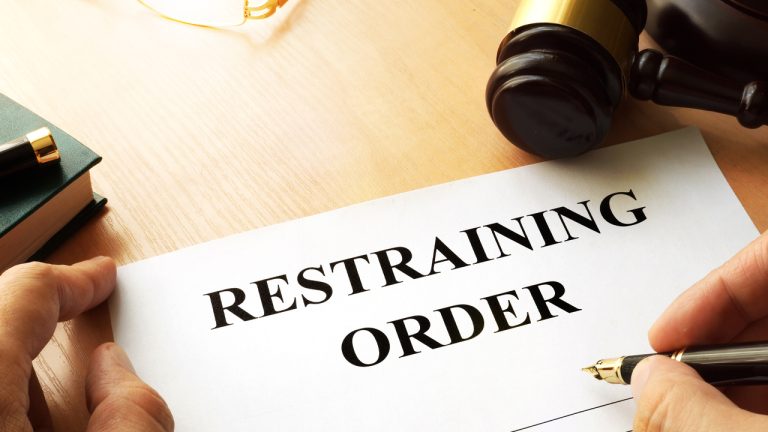An In-Depth Look at Binance’s TRO Opposition, Filing Insists SEC Manufactured an Emergency ‘for Its Own Purposes’

Binance fired back at the U.S. Securities and Exchange Commission’s temporary restraining order (TRO) request on Monday, assuring the court that “there is no risk” to customer assets. The exchange’s legal team dismissed the notion of an “emergency,” claiming that it is “manufactured by the SEC for its own purposes.”
‘Why Now?’—Binance Hits Back at SEC’s TRO Bid, Questions Timing and Urgency
Approximately a week ago, the U.S. Securities and Exchange Commission (SEC) made a move to secure a court’s approval in order to freeze the assets of Binance US, the United States subsidiary of Binance. The SEC’s aim behind filing for a temporary restraining order was to safeguard customer assets, as stated in their request. However, Binance responded on June 12 by opposing the TRO request and asserting that there is no urgent situation and that customer assets are secure.
According to Binance’s legal team, if the SEC had been aware of Binance’s regulatory violations and its open provision of services to U.S. customers for an extended period, they question “Why did the SEC let these platforms grow to their current size if it was always illegal?” Additionally, the lawyers highlight the fact that the SEC filed a lawsuit against Coinbase the very next day, prompting them to insist that the SEC provide a satisfactory response to the fundamental question of “Why now?” The attorneys firmly argue that the request for a temporary restraining order is “unwarranted and improper,” as they perceive it to be based on the “unfounded and subjective worries” of the SEC’s staff.
SEC ‘Does Not Have Authority’ Requiring Registration When Crypto Registration Definitions Have Not Been Defined by the U.S. Government
“The case alleges only registration violations against [Binance Holdings Limited (BHL)] and only control person liability for registration violations against Mr. Zhao,” the court filing details. “The SEC’s brief does not identify a single instance in which BAM customer assets were mishandled or misused. Its charges against BHL and Mr. Zhao, focused exclusively on failure to register, do not demonstrate that the dramatic remedies the SEC seeks are justified at all.” Furthermore, Binance vehemently asserts that the SEC lacks legal grounds due to the absence of a proper definition for crypto assets by Congress or under federal securities laws.
The lawyers’ state:
The SEC does not have authority to require registration when it has not answered the threshold question of what cryptocurrency assets, if any, constitute securities under federal securities laws. This complex question is the subject of intense debate and extensive legal proceedings across the nation.
Binance’s stance aligns with the concerns raised by numerous other cryptocurrency enterprises, emphasizing the crucial fact that the U.S. government has yet to establish a clear definition distinguishing crypto assets as either securities or commodities. In a public statement, SEC Chair Gary Gensler acknowledged that bitcoin (BTC) does not fall within the purview of federal securities laws. However, he also expressed his belief that the majority of contemporary crypto assets should be classified as securities, with only enforcement actions providing specific instances of the U.S. regulatory body designating certain assets as investment contracts.
“Because if the SEC cannot establish that registration was required (be it for offers and sales of securities, as an exchange, as a broker-dealer, or as a clearing agency), it cannot prevail on the merits,” Binance’s lawyers explain.
Although Binance’s legal team opposes the temporary restraining order (TRO) request, they express openness to a proposed consent order (PCO) that would entail Binance US refraining from transferring assets to its parent company or any other entities. The PCO would also facilitate “accounting and expedited discovery,” and as a gesture of good faith, all private keys and administrative keys would be provided to the government. Moreover, Binance asserts that the company and its CEO, Changpeng Zhao (CZ), have been in communication with the SEC since 2021. The lawyers further claim, however, that BHL and CZ were unaware of being targeted by the SEC until February 2023.
What are your thoughts on Binance’s legal battle with the SEC? Do you believe the SEC’s emergency claim is justified, or is it indeed manufactured for its own purposes?